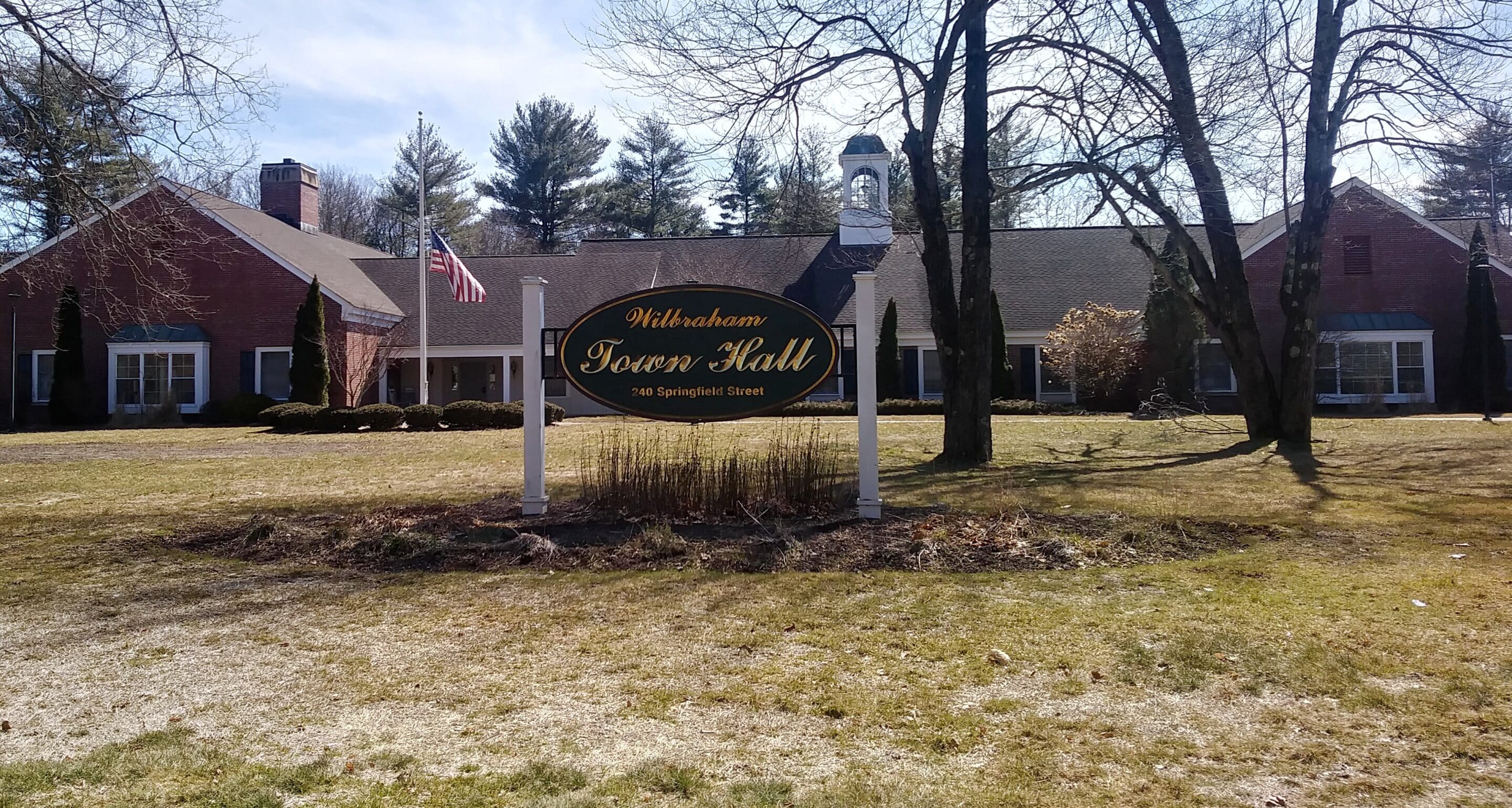WILBRAHAM — At the Sept. 24 Wilbraham Planning Board meeting, board member Jack Luttrell kicked off a lively discussion about developing a master plan.
Master plans are comprehensive plans that serve as a road map for the direction and growth of a municipality over five to 10 years, and action items detailing how to reach those goals.
As an example, Luttrell shared with the board the Holyoke Comprehensive Plan’s vision statement and progress schedule, the latter of which clearly laid out a “listen-and-learn” period to identify priorities, followed by a visioning process for plan creation and an implementation phase. Plantier said that the same steps were followed in 2013 by the town’s vision task force, but nothing came of that work. Planning Director Michelle Buck said some municipalities “aggressively” implement their plans, while others let them “sit on a shelf.”
Consultants are often hired to help create master plans. Planning Board member John McCloskey asked Buck if a consultant would be willing to work with the town on just the listen-and-learn portion of the process. She said yes and explained that her previous experience with a phased-in plan took three years, largely because the municipality did not have the funding to hire a consultant for the whole project at once.
Planning Board member Bradley Gregory said the town may want to pursue a direction but not know how to start. A consultant would fill that need, he said, adding that he would like an outside perspective. “Ultimately, it is up to the town to take or leave” the recommendations.
Luttrell said taxpayers will want to know the cost of a master plan. Holyoke’s master plan cost about $100,000, but the city paid for about 75% of that through sponsorships and grants. Wilbraham’s plan would not cost as much as Holyoke’s, he predicted. Buck said the cost would depend on its scope of the project and that the speed of the town’s progress would depend on funding source deadlines and how they line up with Town Meeting.
“We don’t know the cost of not having a plan,” Gregory pointed out.
The board discussed at length what the scope of a master plan would be. “I feel like I’m trying to solve a problem that I don’t know what the problem is,” McCloskey said. Gregory said the goal would be to create “a plan that paints in broad strokes” to establish a “north star” with departments each implementing their sections.
McCloskey said he was open to a listen-and-learn process to gather insight from residents. Plantier and Luttrell agreed. Luttrell said meetings, sporting events and other community happenings were opportunities for research into what residents want to see in the future.
Gregory agreed that a listen-and-learn period is important and said he wants residents to be confident that the town is listening to them. Planning Board Chair Jim Rooney pointed out that there will always be conflicting ideas and said if the town is listening to one side, others will feel ignored.
Rooney said the town did not need a complete master plan, but rather a few sections. “You could have six or seven pieces but need two or three and that is the scope,” Luttrell said. Gregory wondered if specific chapters of a master plan were legally required. Buck said that the law does prescribe the chapters of a plan but there is no mechanism to enforce it.
Reflecting on whether to pursue a complete master plan, Luttrell said that Wilbraham has built “huge success stories,” including Spec Pond and the Senior Center, without a master plan. However, he cited the piecemeal approach to reusing Memorial School and said it could have benefited from a larger, overarching plan.
Buck said a land use analysis and examination of services and facilities must be part of any comprehensive plan. These would inform the town on areas that need improvement. However, Plantier said residents’ top concerns were education and financial issues, rather than zoning. Buck pointed out that zoning is the part of a master plan that would be in the Planning Board’s purview.
Gregory said housing is a topic of concern for many young families that could be addressed by a master plan. He said people want to know the town has a plan to help keep them from being priced out of home buying in Wilbraham.
“That is the market’s job,” McCloskey said, but Gregory emphasized that the town could have a role to play through zoning and programs.
Rooney said people move to Wilbraham because they want to buy $500,000 homes on four- or five-acre lots, and asked Gregory if the town should “attack that.” Gregory said he had not proposed taking anything away from people, but instead giving options to others, “or at least have a plan.”
The board decided to task Buck and Luttrell with researching the cost and availability of consultants.



